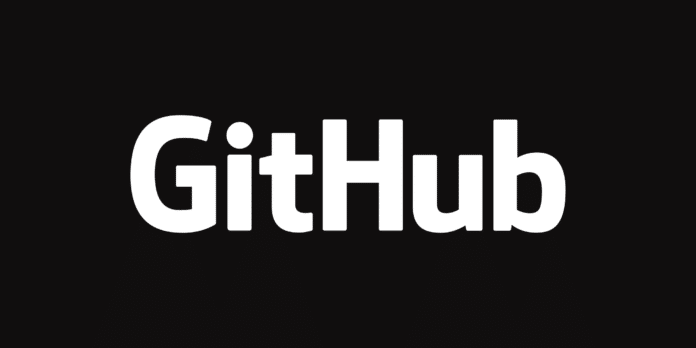The GitHub CEO Thomas Dohmke argues that Europe still has a chance to take the lead in AI.
Open source developers should be exempted from the European Union’s (EU) new artificial intelligence (AI) legislation, according to GitHub CEO Thomas Dohmke. The Artificial Intelligence Act (AI Act), which was initially suggested in April 2021 to address the expanding influence of AI in our day-to-day lives, is responsible for the rules in question. The regulations, which would effectively be the first AI-centric laws introduced by any major regulatory agency, would oversee AI applications based on their assessed hazards. A draught of the AI Act is scheduled for a vote in the European Parliament in the following months; depending on the discussions and debates that transpire, it may be passed by the end of 2023.
Given that cooperation and the sharing of data are essential to the development of AI systems, as many people are aware, open source and AI are inextricably related. Even while the AI Act may have good intentions, its detractors contend that it may have important unforeseen implications for the open source community that may impede the advancement of AI. The main issue is that, given that individual open source developers lack the resources to deal with legal wrangling, the Act is likely to grant more authority and control to the major tech companies while also creating legal liability for general purpose AI systems (GPAI).
So why would GitHub, a $7.5 billion American business controlled by Microsoft, be worried about rules in Europe? There are several causes. Open source software is spread by its very nature, and GitHub, which recently surpassed 100 million users, depends on developers around the world. According to a report this week from the venture capital company Runa Capital, 58% of the fastest-growing open source firms are located outside of the United States, with Germany, France, and the U.K. (albeit it is not subject to EU laws) playing a key role in this.
Perhaps more significantly, the GDPR data privacy and protection requirements show that Europe has become a driving force behind tech legislation. Simply put, what occurs in Europe has the potential to spread to other nations and quickly become the norm worldwide. With their potentially lucrative Copilot product, which aids developers in coding using technology educated on the work of open source developers, Microsoft and GitHub hope to gain from a flourishing open source scene. A class action lawsuit has been filed against Microsoft, GitHub, and the AI research facility OpenAI, in which Microsoft has a significant stake.
Thierry Breton, the EU’s internal market commissioner, said in an interview with Reuters today that the transformational and far-reaching applications of OpenAI’s much-hyped text-generating AI phenomenon ChatGPT underline the need for robust regulation. Almost the entirety of AI as it exists now has been developed on an open source foundation, and anyone interested in making AI commercially viable must maintain the open source status quo. The major tech companies, including Microsoft, are aware that the impending AI laws may lead to additional legal disputes, but they don’t want open source developers to be discouraged from their work.










































































